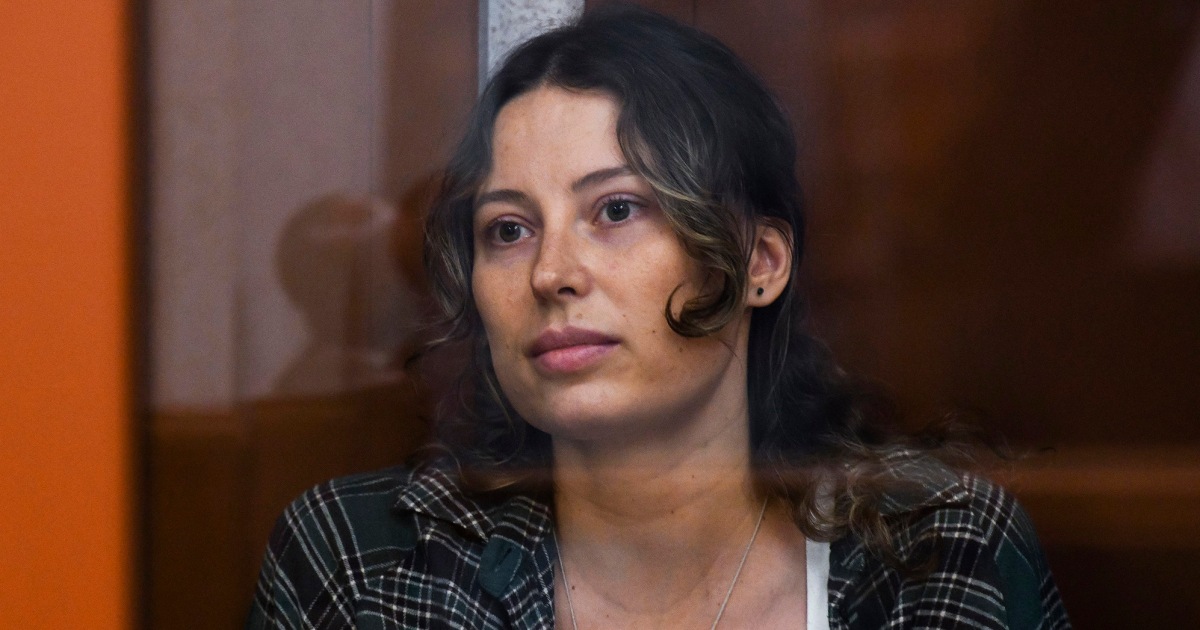Key takeaways:
- Ksenia Karelina, a dual U.S.-Russian national imprisoned in Russia on treason charges, has been released and is returning to the U.S., as announced by U.S. Secretary of State Marco Rubio.
- The Wall Street Journal reported that her release was part of a U.S.-Russia prisoner swap, highlighting ongoing diplomatic negotiations involving individuals detained on espionage or treason charges.
- Karelina’s case, involving her background as a former ballerina and aesthetician, draws attention to the complexities of international legal and diplomatic proceedings concerning dual nationals.
Ksenia Karelina, a dual U.S.-Russian national who had been imprisoned in Russia on charges of treason, has been released and is en route to the United States, according to U.S. Secretary of State Marco Rubio. Karelina’s release comes after she spent over a year in detention, having been sentenced to 12 years in prison in August of the previous year. The announcement was made by Rubio in a social media post on Thursday, though details regarding the terms of her release were not disclosed.
The Wall Street Journal reported that Karelina’s release was part of a prisoner swap orchestrated by the intelligence agencies of the United States and Russia. This development highlights ongoing diplomatic negotiations between the two countries concerning individuals detained on charges of espionage or treason. CIA Director John Ratcliffe was quoted by the Journal, stating that President Donald Trump played a crucial role in securing Karelina’s release, marking another instance of diplomatic efforts to bring home Americans detained abroad.
Karelina, who was born in Russia, had moved to the United States over a decade ago and established a career as an aesthetician in Los Angeles. Prior to her detention, she had been a former ballerina. Her case drew attention as part of broader discussions on the treatment of dual nationals and the complexities involved in international legal and diplomatic proceedings.
The release of Karelina underscores the sensitive nature of international relations and the challenges faced by individuals caught in geopolitical tensions. As she returns to the United States, her case may continue to be a point of discussion in diplomatic circles, reflecting the intricate balance of justice, diplomacy, and international law.



Be First to Comment